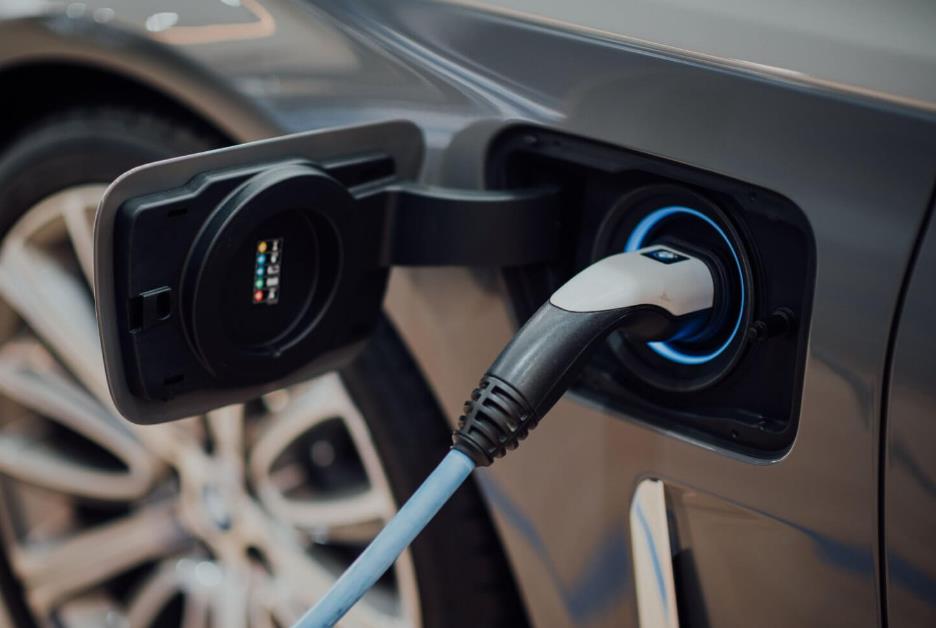The European Union is considering delaying the imposition of a 10% tariff on electric vehicles (EVs) manufactured in the UK, according to a report by Automotive News Europe. The tariff, which was agreed as part of the Brexit trade deal, is set to take effect from January 1, 2024, unless the UK and the EU can reach a new agreement on the rules of origin for EVs.
The tariff is a result of the Brexit trade deal, which stipulates that only EVs that have at least 45% of their value originating from the UK or the EU can be traded duty-free across the English Channel. For the battery, which accounts for a large share of the cost of an EV, the threshold is even higher at 60%. This means that EVs that rely on batteries or other components imported from China or other countries will face a 10% tariff, making them more expensive and less competitive in both markets.

The tariff is expected to have a significant impact on the EV industry, which is already facing challenges such as supply chain disruptions, chip shortages, and regulatory uncertainties. According to Renault’s CEO Luca de Meo, who is also the president of the European Automobile Manufacturers’ Association (ACEA), the tariff could cost the industry “billions of euros” and hand over a chunk of the market to global competitors, especially from China.
The UK is the second-largest market for EVs in Europe, after Germany, and hosts several EV manufacturers, such as Nissan, Jaguar Land Rover, Mini, and Vauxhall. The EU is also a major exporter of EVs to the UK, with brands such as Volkswagen, BMW, Mercedes-Benz, and Volvo. Both sides have a mutual interest in avoiding the tariff and maintaining a level playing field for their EV sectors.
What the EU proposes
The EU has reportedly approached the UK with proposals that could extend the phasing-in of the rules of origin by two years, giving the industry more time to adjust and build up their local supply chains. A three-year extension is also possible, according to Bloomberg. The EU’s plan would also include some “cushioning measures” to mitigate the impact of the tariff, such as extending the validity of the 2023 official statements of origin, which certify the origin of the EVs, into 2024. This would ensure that any EV ordered in 2023 but delivered in 2024 would be compliant with the 2023 rules, when the tariff did not apply.
However, the EU’s plan falls short of the industry’s demand for a three-year suspension of the tariff, which would require reopening the Brexit trade deal and getting the approval of all 27 member states. The EU’s trade commissioner, Thierry Breton, has ruled out this option, saying that the deal cannot be renegotiated to accommodate some sectors of the motor industry. He also said that the EU has to ensure a level playing field across the entire “ecosystem” of the EV industry, which includes not only the manufacturers, but also the suppliers, the workers, and the consumers.
How the UK responds
The UK has not yet formally responded to the EU’s proposals, but it is expected to do so in the coming weeks. The UK’s trade secretary, Liz Truss, has previously said that she is open to discussing the issue with the EU, but she has also stressed that the UK is committed to the Brexit trade deal and its rules of origin. She has also said that the UK is investing heavily in its EV industry, with plans to build several battery gigafactories and to ban the sale of new petrol and diesel cars by 2030.
The UK’s stance reflects the delicate balance it has to strike between maintaining its trade relationship with the EU, its largest trading partner, and pursuing its own independent trade policy with other countries, such as the US, Australia, and India. The UK has also recently joined the Comprehensive and Progressive Agreement for Trans-Pacific Partnership (CPTPP), a trade bloc that includes 11 countries in the Asia-Pacific region, such as Japan, Canada, and Singapore. The UK hopes to boost its trade with these fast-growing markets, especially in sectors such as digital, services, and green technology.
The UK and the EU have until the end of the year to reach a new agreement on the EV tariff, or else it will come into force on January 1, 2024. The outcome of the negotiations will have significant implications for the future of the EV industry and the broader trade relationship between the two sides.
